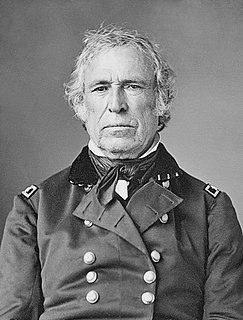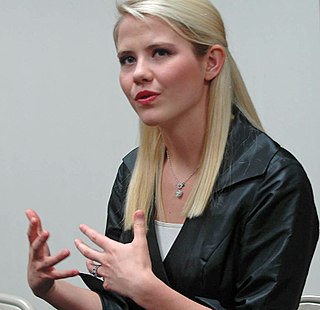A Quote by Hannah More
Nothing raises the price of a blessing like its removal; whereas it was its continuance which should have taught us its value. There are three requisitions to the proper enjoyment of earthly blessings,--a thankful reflection on the goodness of the Giver, a deep sense of our unworthiness, a recollection of the uncertainty of long possessing them. The first would make us grateful; the second, humble; and the third, moderate.
Quote Topics
Blessing
Blessings
Continuance
Deep
Earthly
Enjoyment
First
Giver
Goodness
Grateful
Humble
Like
Long
Make
Moderate
Nothing
Our
Possessing
Price
Proper
Raises
Recollection
Reflection
Removal
Second
Sense
Should
Should Have
Taught
Taught Us
Thankful
Them
Third
Three
Uncertainty
Us
Value
Whereas
Which
Would
Related Quotes
It's so easy in life for us to receive blessings, many of them almost uncounted, and have things happen in our lives that can help change our lives, improve our lives, and bring the Spirit into our lives. But we sometimes take them for granted. How grateful we should be for the blessings that the gospel of Jesus Christ brings into our hearts and souls. I would remind all of you that if we're ever going to show gratitude properly to our Heavenly Father, we should do it with all of our heart, might, mind, and strength-because it was He who gave us life and breath
I often saw weary little women coming to the table after most exhausting labors, and large, bumptious husbands spreading out their hands and thanking the Lord for the meals that the dear women had prepared, as if the whole came down like manna from heaven. So I preached a sermon in the blessing I gave. You will notice that it has three heresies in it: Heavenly Father and Mother, make us thankful for all the blessings of this life, and make us ever mindful of the patient hands that oft in weariness spread our tables and prepare our daily food. For humanity's sake, Amen.
What ever the course of our lives, we should recieve them as the highest gift from the hand of God, in which equally reposed the power to do nothing whatever for us. Indeed, we should accept misfortune not only in thanks, but in infinite gratitude to Providence, which by such means detaches us from an excessive love for Earthly things and elevates our minds to the celestial and divine.
The Americans say that we are ungrateful-but I ask them for heaven's sake, what should we be grateful to them for-for murdering our fathers and mothers?-Or do they wish us to return thanks to them for chaining and handcuffing us, branding us, cramming fire down our throats, or for keeping us in slavery, and beating us nearly or quite to death to make us work in ignorance and miseries, to support them and their families. They certainly think we are a gang of fools.
Passive commerce . . . should thus . . . [compel us] to content ourselves with the first price of our commodities, and to see the profits of our trade snatched from us, to enrich our enemies and persecutors. That unequalled spirit of enterprise . . . an inexhaustible mine of national wealth, would be stifled and lost; and poverty and disgrace would overspread a country, which, with wisdom, might make herself the admiration and envy of the world.
So that in the nature of man, we find three principal causes of quarrel. First, competition; secondly, diffidence; thirdly, glory. The first maketh men invade for gain; the second, for safety; and the third, for reputation. The first use violence, to make themselves masters of other men's persons, wives, children, and cattle; the second, to defend them; the third, for trifles, as a word, a smile, a different opinion, and any other sign of undervalue, either direct in their persons or by reflection in their kindred, their friends, their nation, their profession, or their name.





































